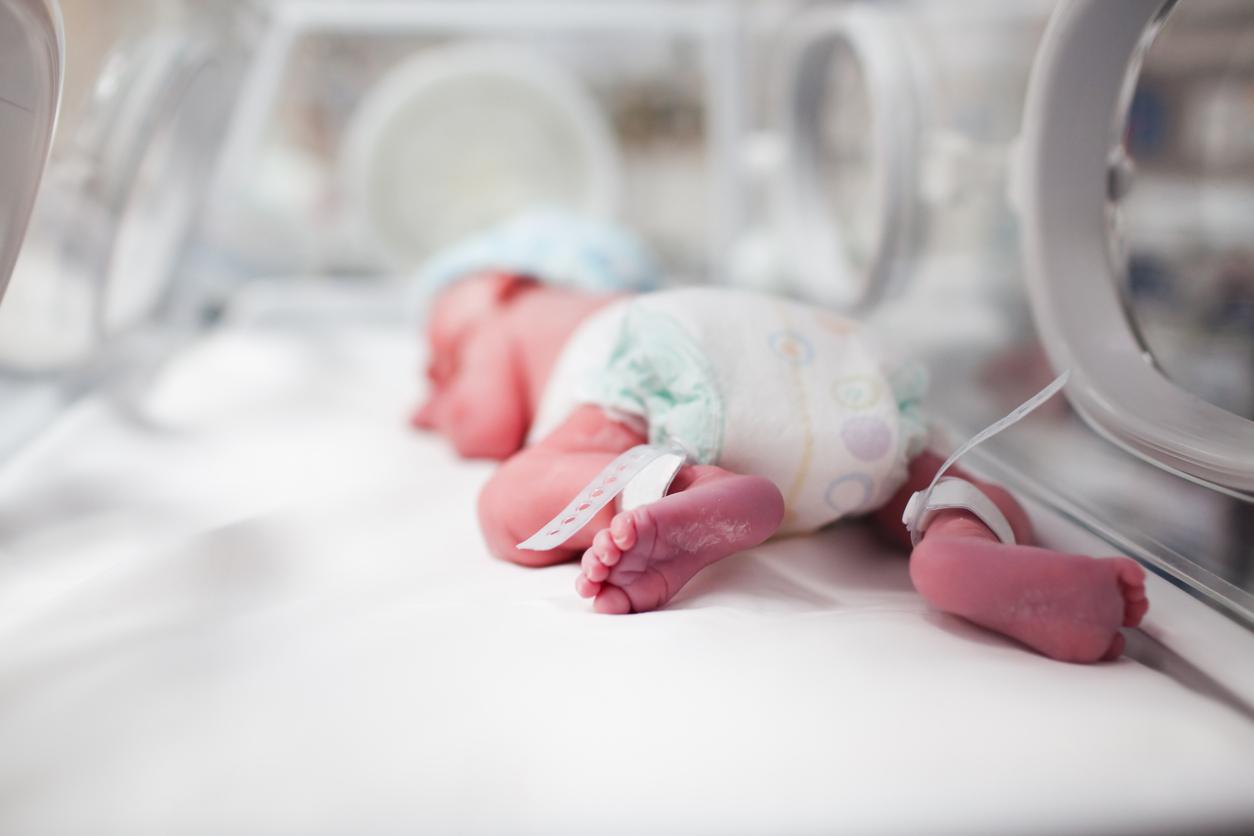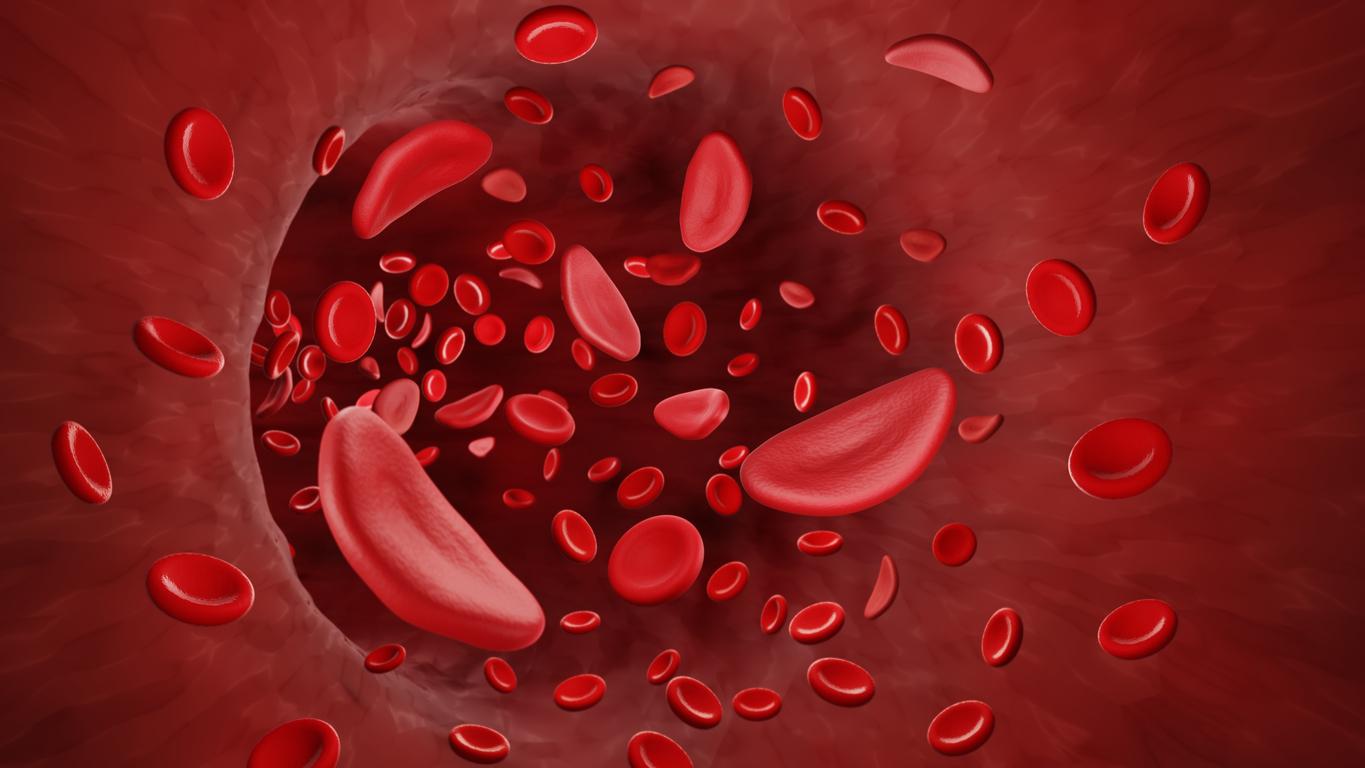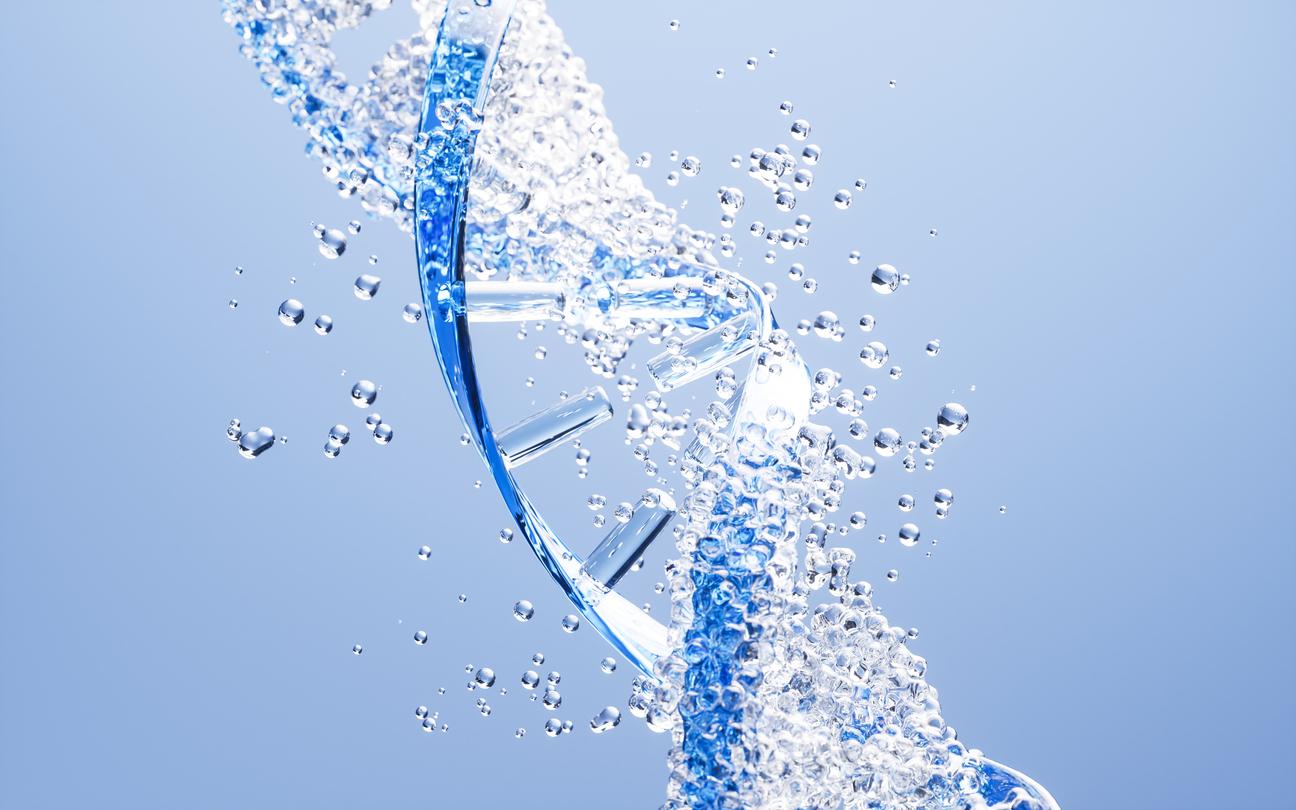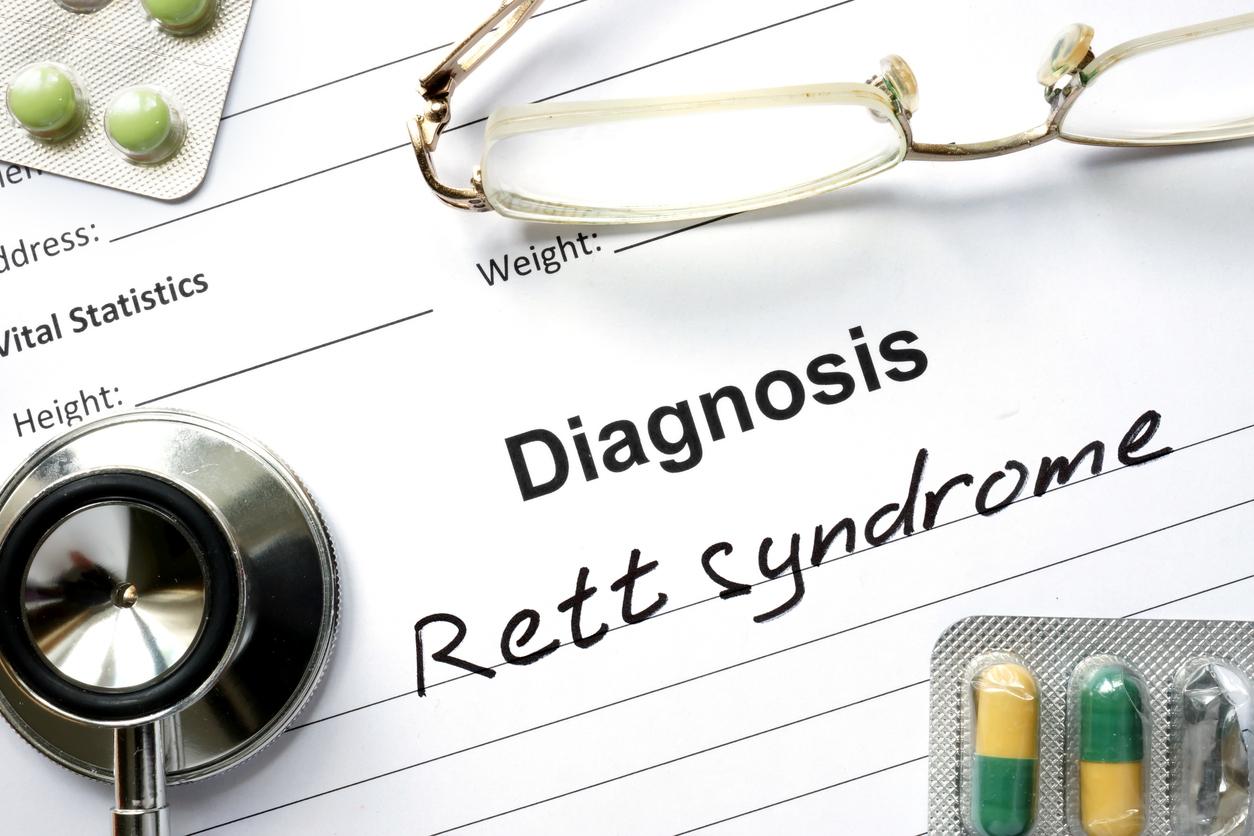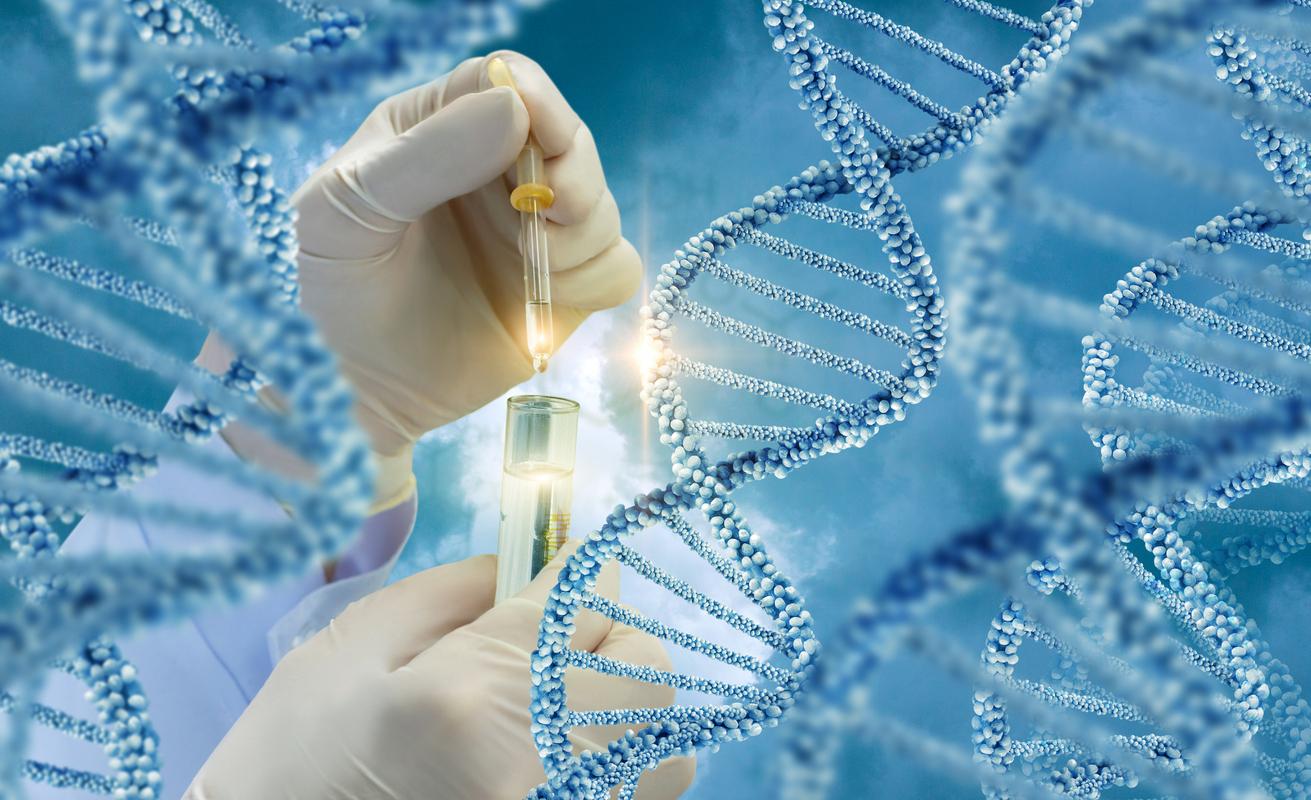The French are not opposed to the use of CRISPR-Cas9 to treat genetic diseases. On the other hand, they are opposed to the genetic modification of embryos.

Genetic manipulation is gradually becoming more commonplace. An Ifop poll has just shown that 76% of the French are in favor of its use as part of gene therapy, to treat or improve the quality of life of patients suffering from a genetic disease.
The survey was carried out online Thursday and Friday of last week with a representative sample of the French population over 18 years old. It was commissioned by Christine Boutin’s anti-abortion association, Alliance Vita, as part of its “Stop OGM babies” communication campaign. It focused in particular on the use of the CRISPR-Cas9 technique, the “genetic scissors”, developed by the French researcher Emmanuelle Charpentier.
Is it because it is a Frenchwoman who developed it that it is not scary? Not really, if the poll is to be believed. 91% of those questioned had never heard of it.
Yes for therapies, no for embryos
If its application for gene therapies on diseases such as Alzheimer’s, cystic fibrosis or hemophilia seems to convince, the survey also shows that the French are, conversely, as numerous to oppose its use for in vitro modification. human embryos.
Attached to bioethical values, the French are in particular two-thirds to say “worried about the acceleration of the intervention of scientists on the human genome”. In a similar proportion (68%), they think that it is necessary for France to make its voice heard at the international level to regulate these practices.
In France, genetic modification of embryos is prohibited, but the scientific community is concerned about eugenic abuses. Research on embryos using CRISPR-Cas9 is indeed already underway in China and the United Kingdom. The opposition seems in any case to be shared by all groups of the population, whether they are practicing Catholics (80%), atheists (71%) or of another faith (73%).
.









